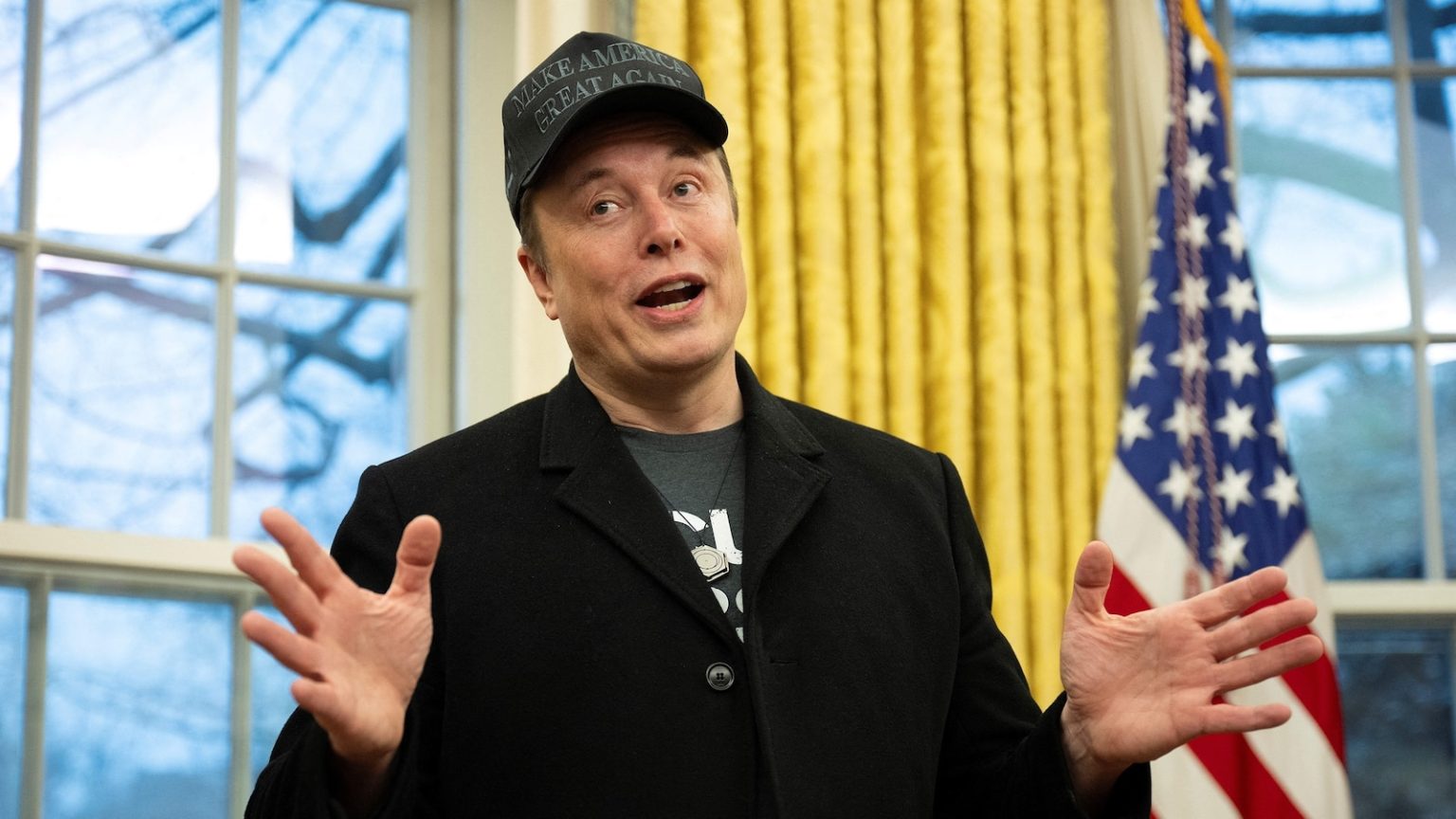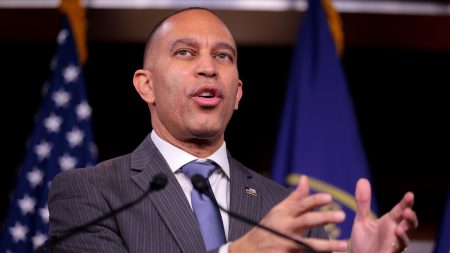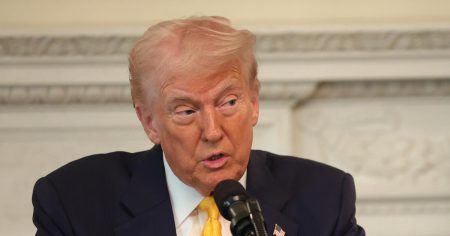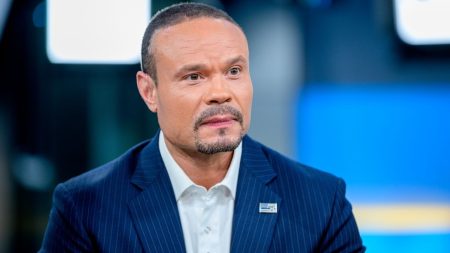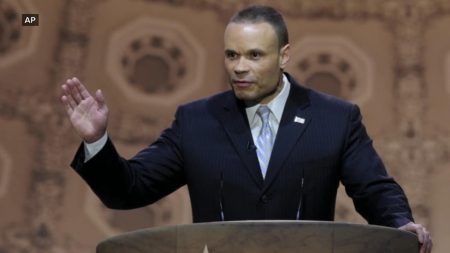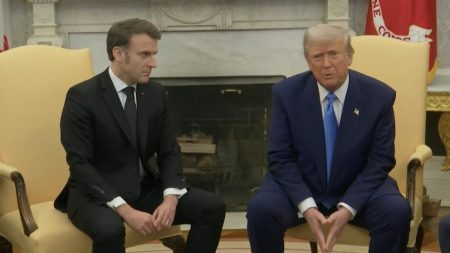Elon Musk’s Role in the U.S. Government: A Detailed Account
Introduction: Musk’s New Role and Initial Actions
Elon Musk, the world’s richest man, has taken on a significant role in the U.S. government following President Trump’s re-election. Appointed as the lead adviser in the newly created Department of Government Efficiency (DOGE), Musk has quickly implemented substantial changes. One of his first actions was a federal hiring freeze, targeting Diversity, Equity, and Inclusion (DEI) initiatives by placing staff on leave and shutting related programs. This move marked the beginning of a series of changes that would impact federal operations and employees profoundly.
The Human Impact: Federal Workers’ Plight
The effects on federal workers were immediate and personal. Many received an email offering resignation with a payout or risk of termination. Justine Beaulieu, a Department of Agriculture employee, shared her harrowing experience of receiving a termination letter just days before giving birth, losing maternity leave and health insurance. Despite some accepting the offer, administrative errors led to unintended firings, highlighting the chaos and vulnerability faced by employees during this period.
Expansion of DOGE’s Influence
DOGE’s influence expanded rapidly, gaining access to personal data across 15 federal agencies. Musk’s team, comprising young engineers, made their presence felt in various departments. Kristina Drye, a USAID contractor, recounted removing pride flags and sensitive books, illustrating the climate of cautious compliance. The closure of the Consumer Financial Protection Bureau (CFPB) headquarters and a protest led by Senator Elizabeth Warren showcased the resistance to these changes, emphasizing the tension between efficiency and oversight.
Administrative Errors and Repercussions
The administration’s swift decisions led to notable mistakes, such as the temporary defunding of Head Start programs despite a court order. The impact on critical functions became apparent, with necessary rehiring in areas like nuclear weapons management and bird flu containment. These errors underscored the challenges of rapid restructuring and the necessity of certain government roles, revealing the complexity of achieving efficiency without compromising essential services.
Conflicts of Interest and Oversight Concerns
Concerns about conflicts of interest arose with Musk’s companies receiving $18 billion in federal contracts. Musk dismissed these concerns, while Trump assured the public of transparency. However, the firing of watchdogs like Robert Storch raised questions about oversight and transparency, signaling a shift in how government accountability is prioritized under the new administration.
Conclusion: The Path Ahead
The changes brought by DOGE and Musk have set the stage for significant government restructuring. While the long-term impact remains uncertain, the immediate effects on federal workers and programs are clear. The administration’s actions have sparked debates on efficiency, oversight, and the role of private interests in governance, leaving the future of federal operations hanging in the balance.





